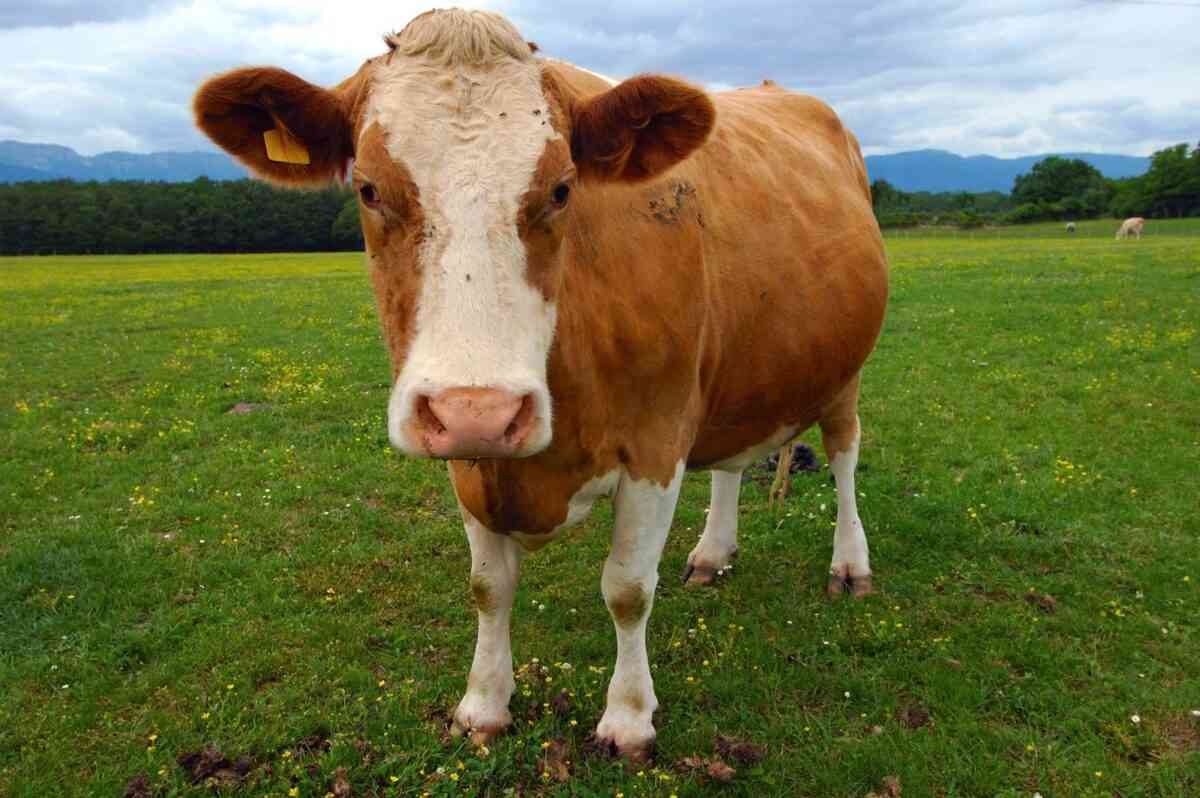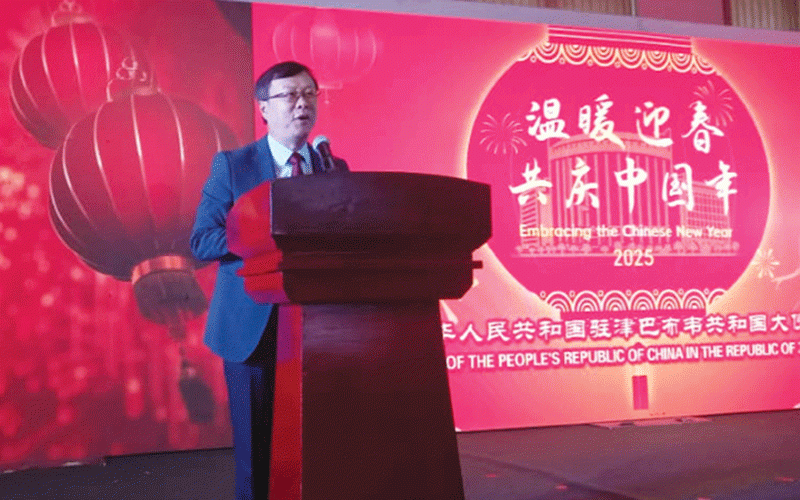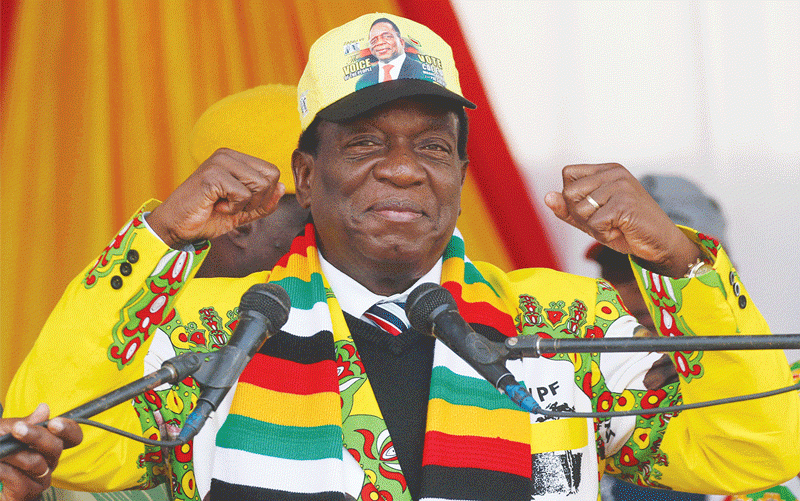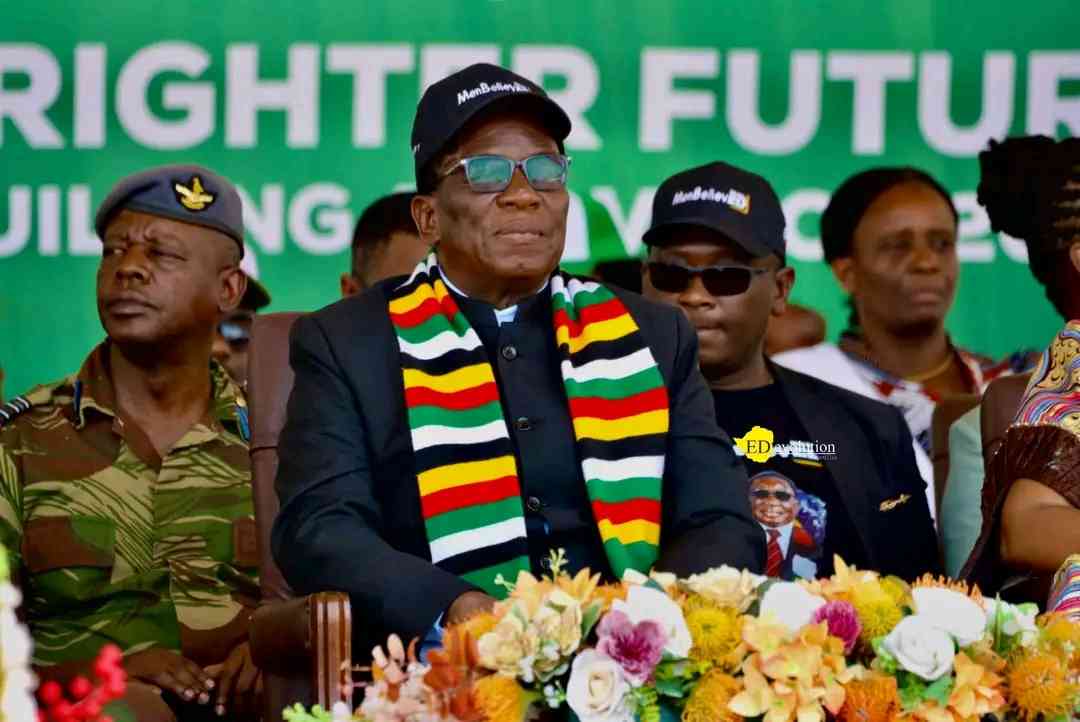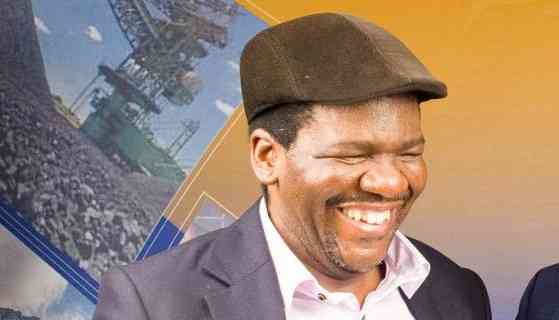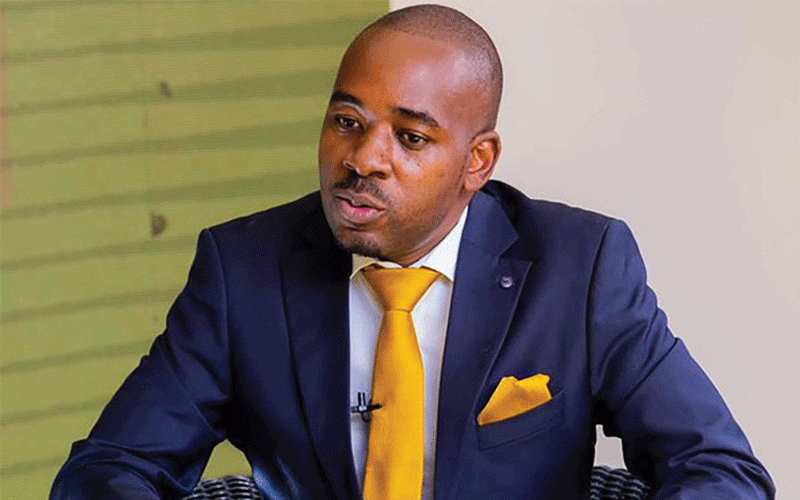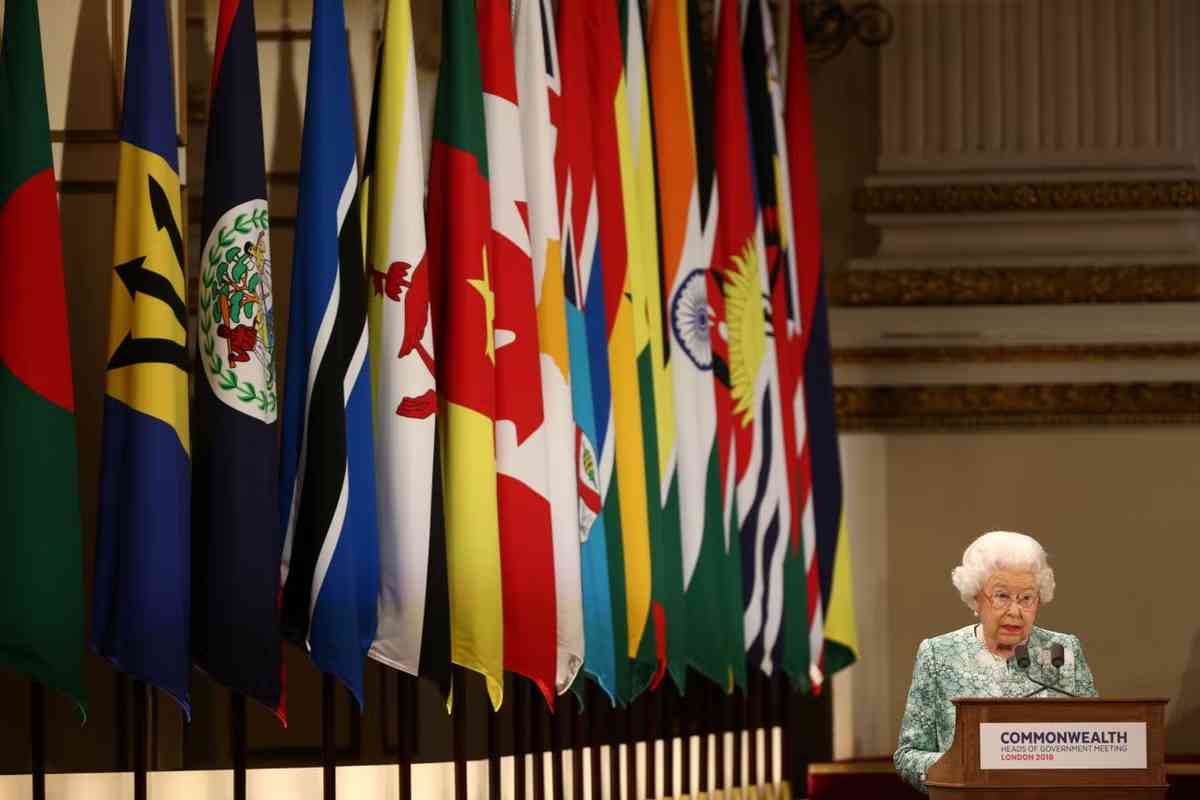
THE United Kingdom’s Foreign Office recently made a brutal assessment of Zimbabwe saying the country is not yet ready to rejoin the Commonwealth since it had not made key reforms on democracy, governance and human rights tenets.
Zimbabwe was suspended from the Commonwealth in 2002 following a disputed presidential election. It subsequently left the grouping of then former British colonies following Zanu PF’s annual people’s conference that was held in December 2003, in Masvingo which resolved that the suspension was out of order.
Harare made a formal request to rejoin the club in 2018 as part of the re-engagement drive by President Emmerson Mnangagwa’s administration, a year after it assumed power following a coup that ousted the late former President Robert Mugabe.
Responding to a question from Baroness Kate Hoey in the House of Lords, Lord Collins of Highbury said the UK “has always been clear that we would like to see Zimbabwe return to the Commonwealth when the time is right”.
“However, currently we do not share the secretariat's assessment of Zimbabwe's progress or readiness in line with the shared values and principles laid out in the Commonwealth Charter. While we recognise there has been progress, we believe further steps are needed on democracy, governance and human rights before Zimbabwe makes a formal application to rejoin the Commonwealth,” said Lord Collins, UK’s minister for Africa.
Hoey had asked about UK’s response to the Commonwealth Secretary-General's letter inviting heads of government of all Commonwealth member States to make known to her by November 26 their views on Zimbabwe’s request to rejoin the Commonwealth.
“We note some of the findings in the Commonwealth Election Observation Report and support the recommendations. We would encourage a further Commonwealth assessment mission to Zimbabwe in 2025 to follow up on these areas.”
The second republic has been long on promise and short on delivery.
- Mavhunga puts DeMbare into Chibuku quarterfinals
- Bulls to charge into Zimbabwe gold stocks
- Ndiraya concerned as goals dry up
- Letters: How solar power is transforming African farms
Keep Reading
Despite attempts to project itself as different from its predecessor, events on the ground show otherwise.
The crackdown on dissenting voices, especially in the run up to the Sadc summit in August, left neutrals perplexed.
When cornered the administration is a mirror image of the Mugabe regime.
The administration has also been flagged for its stop-go reform process.
The United States last month said Zimbabwe was lagging on reforms to buttress the arrears clearance programme and help the country unlock lines of credit needed to reboot the economy.
“Recently released independent assessments of the Dialogue’s governance indicators demonstrate much work remains to be done, particularly on judicial independence, freedom of association and assembly, and civil society space. Similarly, there is only modest progress to note in the land reform or economic tracks,” US ambassador to Zimbabwe Pamela Tremont said after participating in the African Development Bank-facilitated high-level structured dialogue platform meeting on arrears clearance and debt resolution for Zimbabwe.
Of the indicators measured by the World Justice Report, seven out 16 indicators showed improvements, meaning the country is still a long way out to adhere to rule of law indices.
Zimbabwe’s arrears clearance and debt resolution champion Akinwumi Adesina last month made an impassioned plea for Mnangagwa to “kindly consider” extending the period for the registration of civil society organisations (CSOs) as he reviews the PVOs Bill for his signature.
Adesina wants that period to be extended to between six and nine months from the current three and to allow already registered CSOs that have lodged applications to continue to operate until they receive the outcome of their applications.

